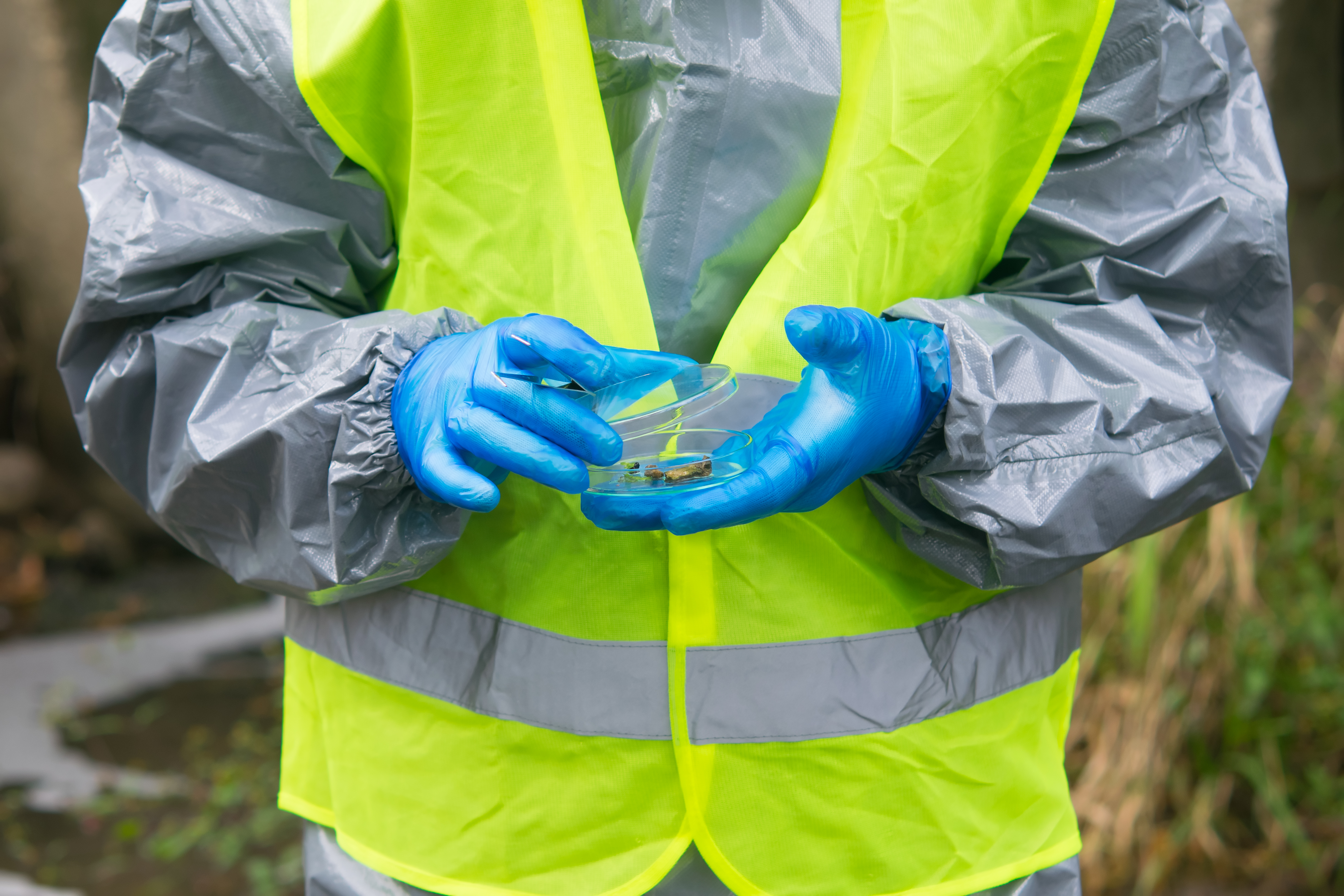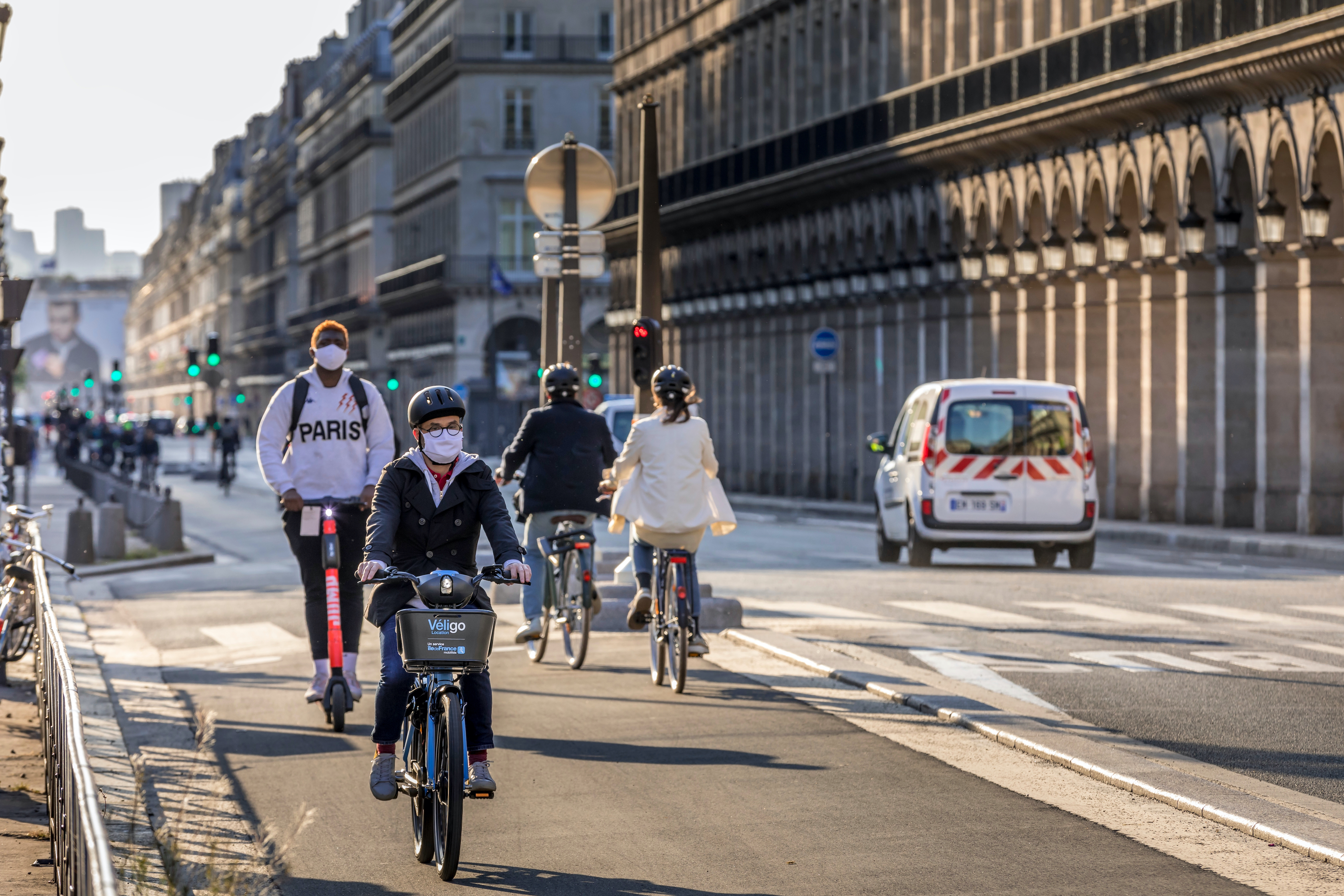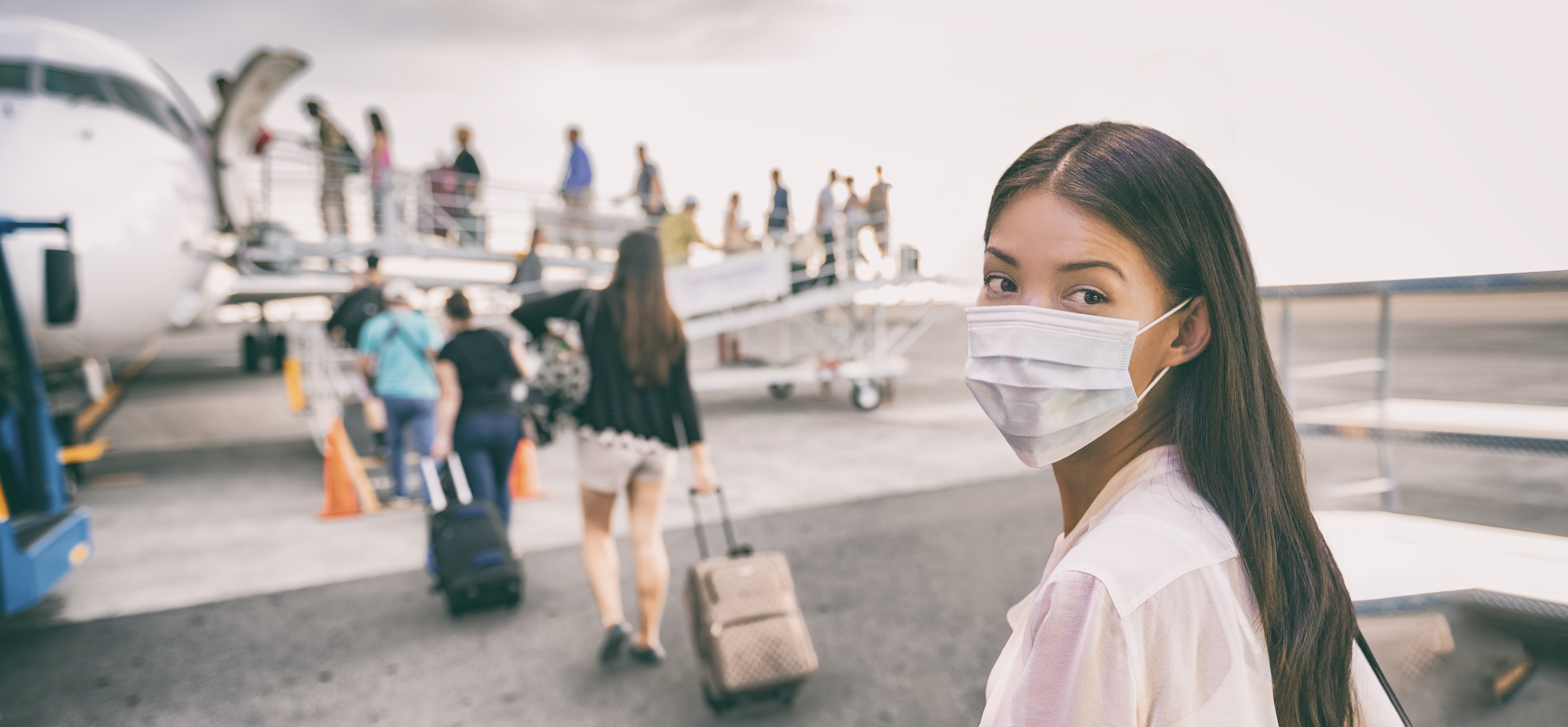How Will Universities Avoid a Repeat of the Fall Semester?

Thanksgiving is usually a joyous occasion in the US. Families reunite, students return home and reunions are held around a table decorated with turkey, stuffing, mac and cheese and family signature dishes. But this year, the CDC advised against large family reunions, making Thanksgiving a controversial event.
With many families gripping at normalcy, flight maps showed a shocking amount of travel despite the CDC’s recommendations. Students specifically found themselves in a difficult situation. Torn between home, education and family, college students were placed in a difficult position this year. With many countries around the world finding themselves amidst the second wave of Covid-19, universities have been struggling to find the most effective way to continue education while avoiding Covid spikes.
Flight Map, Image Credit: Flightradar24With a holiday as quintessential as Thanksgiving, many universities have chosen to transition completely online to avoid clusters on campus. Covid has been a gray area in the US, with some regions of the country being more prudent than others. In September with the reopening of universities, many were forced to close just weeks after they had opened. There have been a wide-ranging set of protocols across universities in terms of testing and social guidelines. Some schools insisted on regular testing, while others have resources on campus and leave testing up to students. Many universities have doled out serious consequences or even suspension, for students, that haven’t followed social distancing in their personal lives.
Possibly the strangest thing to happen this college year is the way colleges are using the trial-and-error method in terms of their students. Some universities have begun testing sewage and septic tanks to trace Covid-19 throughout campuses, like the University of Arizona. “In addition to testing students on campus daily, we use wastewater testing everyday with a scale system of 1-3 to decide whether we need to retest an entire dorm or Greek house, or if they would potentially need to isolate if necessary,” said Chris Chris Kopach, Assistant Vice President of the University of Arizona. “Initially this semester, we had 5,000 students move into the dorms, five students tested positive, and we set up isolation dorms,” he added. “After more students came on campus, we saw a big spike, so we quarantined all 23 Greek houses and select dormitories, which curtailed the Covid rates. Now we only have five students in isolation, and are only holding critical classes in person.”
While many colleges required a Covid test upon arrival for students, universities failed to set social gathering guidelines, leading to Covid outbreaks. Many outbreaks on campus were linked to fraternity parties and large gatherings. But why do we see so much reckless behavior amongst students?
College is typically viewed as a time where young adults get to branch out, explore their newfound freedom, and make new friends. This year, college students’ lives have been anything but normal. Instead of partying, meeting new people and having fun, in 2020, students are expected to quarantine, socially distance, and get tested. Colleges worldwide have had to improvise their course offerings in terms of in-person, remote learning, or a hybrid method of both. But with the inevitability of young people fraternizing, socializing and partying, was putting hundreds (in some cases tens of thousands) of students on one campus really a good idea in the first place?
People Partying During Covid-19, Image Credit: Shutterstock/1799001535A lot of the motivation boils down to finances. For any institution, tuition is one of their main sources of income. With students learning online, there would be a significant pay gap in terms of housing, dining halls, athletics and overall campus resources. For many students, if tuition remained the same and classes were held exclusively online, without any campus resources, they would take a semester off. This was a hit most colleges weren’t willing to take considering they had already lost billions of dollars after transitioning to online learning during the spring, so doing this for an entire semester would be even more of a deficit. With many students already locked into this semester, now college administrations need to think on how to best avoid a repeat of the fall semester.
So far, the US has had upward of 13.6 million positive Covid-19 cases, with 321,000 positive cases having come from universities alone. However, this Covid crisis doesn’t just apply to the US, universities around the world have been struggling with the question of how to best protect students and faculty. France saw dozens of Covid-19 clusters in universities when they first opened. To combat this, the government advised universities to reduce class sizes by half, but later shut down completely because of the continuously rising numbers. Glasgow University in Scotland was forced to take disciplinary action in response to its shockingly high numbers amongst students. In the UK, universities have actually come to fining students for going against Covid guidelines, with £170,000 due already in fines across 28 institutions.
Paris During Covid, Image Credit: Shutterstock/1738411664Across the globe, universities are facing the question “What do we do when we return from the holidays?” With the holidays typically being a time students and families return home and reconnect with old friends, during times of Covid, these typically heartwarming gatherings can actually be sources of clusters. So what does that mean for next semester?
Some higher education professionals are labeling this as a “Lost Year”. Many universities are anticipating that the hybrid method of learning is here to stay. Some schools are waiting to announce their plans for the spring to see what the climate will be in the coming months. In the US, many schools are delaying the start date of the Spring 2021 semester to February to allow time for quarantining. Additionally, many universities are considering canceling Spring Break and encouraging students to stay near school.
More locally, France will be taking a similar approach. Classes will start their usual dates, but will remain remote until February. This precaution is most likely to allow a cushion in case of a possible third wave.
However, despite this “new normal”, many faculty and students alike are frustrated by this new method of learning. They realize that expectations and syllabi need to be tailored to adapt to these unusual circumstances. Despite these lowered expectations, many students still find online learning to be a stressful situation. A study by ResearchGate in November found that 30% of students experience some sort of anxiety from online classes.
Current and prospective college students are starting to take a less conventional approach to learning, veering away from the classic four year, one school structure.
Because of the pandemic, there have been an unprecedented number of students that took a gap year in 2020. With this less than normal landscape in higher education, universities need to work harder than ever to retain students. A study by SimpsonScarborough conducted in July found that 40% of incoming freshmen said it was highly likely that they would change their mind about the school they had chosen to attend in the fall.
Many students are even looking to study abroad next semester, given the uncertain future ahead in the US. “We’ve seen an increase of interest from students that have a place at another university and have chosen to defer for a semester or a year,” said Celeste Schenck, President of the American University of Paris. “We’ve also seen a great interest from students whose universities canceled their partnership abroad programs, instead they have opted to visit our university as independent students”. The pandemic has kept college students and administrations alike on their toes this year. If anything, students are now choosing more personalized methods than ever to get their education.
Woman Traveling, Image Credit: Shutterstock/1629206077However, before students start thinking about studying abroad, there is a considerable amount of uncertainty in the coming months to think about. With anticipated global spikes in light of the holidays, some experts are beginning to anticipate a third wave. With little certainty in the future, waiting for college to return “back to normal” with a gap year could turn into gap years. Although many experts are hopeful about the Covid vaccine in 2021, whether students choose abroad or at home, they should consider the fact that the hybrid method most likely won’t be going anywhere anytime soon, depending on your geographic location and its Covid-19 vaccine availability.
With the hybrid method in mind, many students are taking the opportunity to explore alternative housing methods. Students are now choosing more inventive approaches to housing by moving into larger apartments or even houses with their peers off-campus. With this method, students can keep a semblance of social interaction with a group that stays in their isolation bubble.
Izzy Michels, a senior at Kenyon College chose a less conventional way to study this semester, “Kenyon decided to only invite back the freshmen and sophomores to campus for the fall semester, and inviting juniors and seniors for the spring semester,” she said. “When I found this out, I was obviously devastated, but my friends and I wanted to salvage our senior year as best we could, so we decided to rent an Airbnb for a few months in Ohio while we study remotely for the semester”.
With the coming months being anything but predictable, college students will need to make some serious decisions in terms of their plans for the holidays. For some students with immunocompromised family members, that could mean not going home at all. In terms of next semester, colleges and students are in the same boat of waiting on how Covid-19 develops, as reopenings will be contingent upon the geographical circumstances. The hard truth is that universities won’t look anything like what so many of us have been used to in the coming months, but if you can be more creative in your approach to higher education, it may not be a “Lost Year” for everyone.












